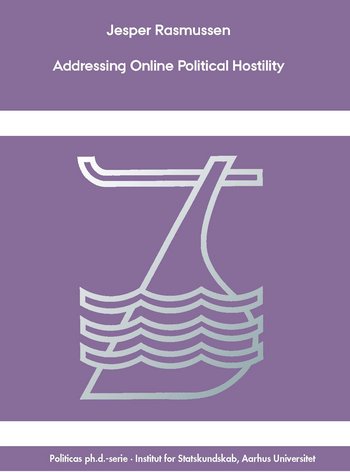Research
Addressing Online Political Hostility
Social media inherently holds democratic potential, enabling anyone to access information, connect with others and discuss politics. Yet, behaviors that undermine democratic norms often plagues political discussions on social media. In this dissertation, I examine how these behaviors — which I refer to as online political hostility — can be addressed? I start by challenging a key assumption in some of the dominant explanations of and interventions against online political hostility: That people who are hostile in political discussions on social media are not motivated by politics, but merely triggered by certain features of social media or of their personalities. I argue, in contrast, that online political hostility are deliberate political acts grounded in political values and motivations. As political motivations are relatively stable, they are hard to address and require long-term policy change to remedy. To mitigate the adverse consequences of online political hostility in the short term, I propose shifting focus from the perpetrators to the audience. I assess two strategies: interdiction through regulation and mitigation by empowering the audience. First, I show that while political values shape opposition to regulating online hostility, people do agree that severity is the key criterion for regulation. Second, empowering citizens by equipping them with elaborate and actionable advice makes them feel more efficacious in terms of engaging with online political hostility. The findings suggests that people are less divided on regulation than previously thought and can equipped with competences to mitigate the adverse consequences of engagement with online political hostility.
